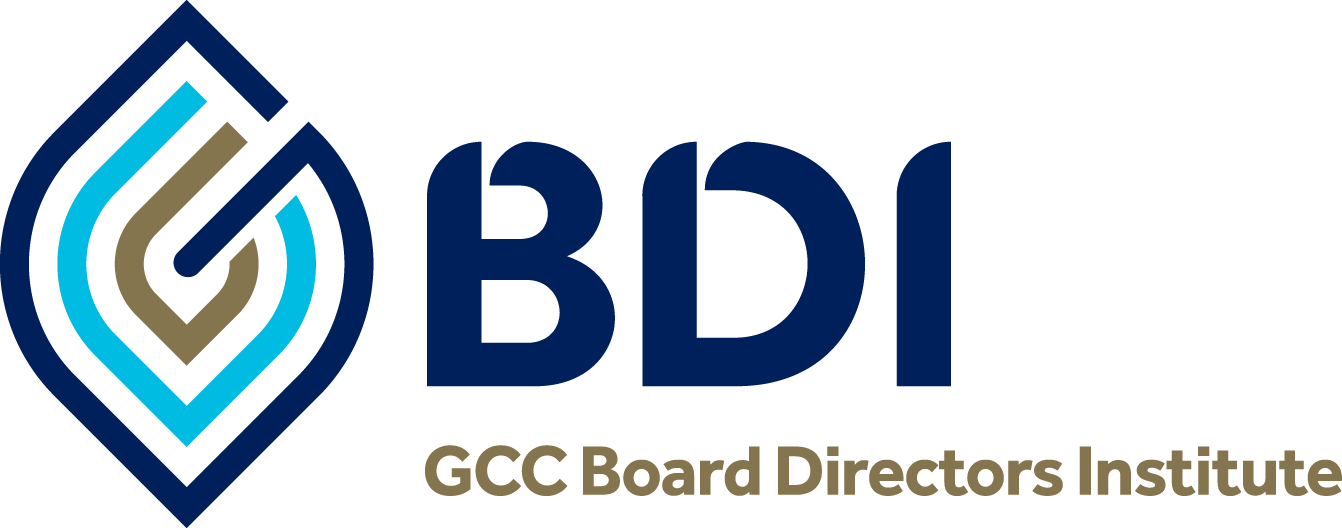Interview with Leyan Al Mawali
1. Tell us about your career journey and how you came to serve on a board.
I studied LLB in the University of Queensland and then qualified as a solicitor in Australia. Upon my return to Oman, I was fortunate to be immediately recruited at an international law firm where I built my foundation as a young lawyer. I was involved in various practice areas, primarily corporate and commercial matters which included advising on doing business in Oman, set up of companies, shareholders agreements, commercial agreements, mergers and acquisitions, IPOs, agency, power and water projects and real estate matters. I loved working on the development of power and water projects, so when I got an opportunity to work for a state-owned entity that is responsible for the procurement of power and water projects (traditional and renewable), I took the chance. During my tenure, I was working on national projects including the first solar IPP and wind IPP in Oman, and implementation of the electricity spot market, the first of its kind in the region. Subsequently, I decided to move to Asyad Group, an international integrated logistics service provider based in the Sultanate of Oman, with local and international assets ranging from shipping, ports and freezones, logistics, drydock and public services, where I currently head the centralised Legal Unit as the Group Chief Legal Officer.
I currently have more than 15 years’ experience as a legal professional having worked in various practice areas, and sectors, and this has enabled me to be considered for Board nominations. I am currently a board member in two organisations, one in the electricity sector having being nominated probably due to my experience in electricity and water regulation, and the second in the port and logistics sector, which is more directly linked to my current role in Asyad.
2. What are you most proud of and why?
As a young professional, I was thirsty to learn, gain experience, and excel in whatever I do. I wanted to be in rooms where important decisions are made because I knew that’s where the biggest impact could be made. I wanted to work and contribute, with integrity, to matters that mattered. So, I feel proud when I physically see a project or a matter that I worked on that contributed to the growth of Oman or had a positive impact on an individual or society. I was fortunate enough to do that during my career, and it is still something that aligns with my aspirations. Additionally, my vision was to do all that while raising a family. So, I am most proud of being able to do both, albeit not always in a balanced way!
3. What are your professional areas of expertise and what skills do you bring to the boardroom?
My areas of expertise center around legal, regulatory and governance, having worked in the corporate and commercial sphere, electricity and water, and in the last few years, in the integrated logistics sector. As a lawyer, my brain is trained to assess risks ensuring that material adverse risks are properly assessed and mitigated, and to ultimately ensure that the interests of the organisation are best protected. As a board member, this is our core obligation. This drives me to strategically consider the optimum legal or transaction structure to allow businesses to capitalise on opportunities, and minimise risks, while ensuring compliance with laws and regulations. Strong governance is also key, so ensuring that an organisation follows the best principles of corporate governance to enable management, board and shareholders to discharge their obligations in a way that serves the organisation, and external stakeholders, is paramount.
On a more personal note, my ability to quickly dissect and analyse issues, provide practical and effective solutions, accompanied by my strong sense of values and ethics, is an asset that I bring into the boardroom.
4. What are the benefits that diversity can bring to the boardroom, including women on boards?
It has been repeatedly proven that diversity in a team, workplace, and even the boardroom is beneficial, with different individuals bringing along a variety of skill sets, personalities, experiences, values, backgrounds and cultures, and coming together in strength to ultimately serve the same objective. The same could be said for gender-diverse boards who are better positioned to make decisions, enhance communication channels and improve the financial performance of an organisation, diversity and inclusion in corporate cultures and ESG. It also avoids groupthink, which kills board effectiveness. The beauty of diversity is in challenging ideas and assessing decisions from different perspectives.
I feel from my experience, as a woman minority in male dominated (board)rooms, that I more actively consider the impact of any decision on people’s livelihood, morale and interests and the notion of social justice. I recognise the importance of human capital, and “by doing right by them”, and I believe that by safeguarding their interests, it creates a safe, and high performing culture that drives the organisation forward.
5. What is your advice for women who are aspiring to leadership and board positions?
It is important to be driven by the right fuel – so my advice is be driven by the values that you hold, strong ethics, doing the work with diligence and integrity, continuously learning and developing yourself and making a positive impact in whatever you do. Your work and persona will speak volumes and will lead you to be considered for leadership and board positions. I do not believe that being in a certain leadership or board position should be the end-goal, but rather being in a position, or role that allows you to positively contribute in a way that matters.
